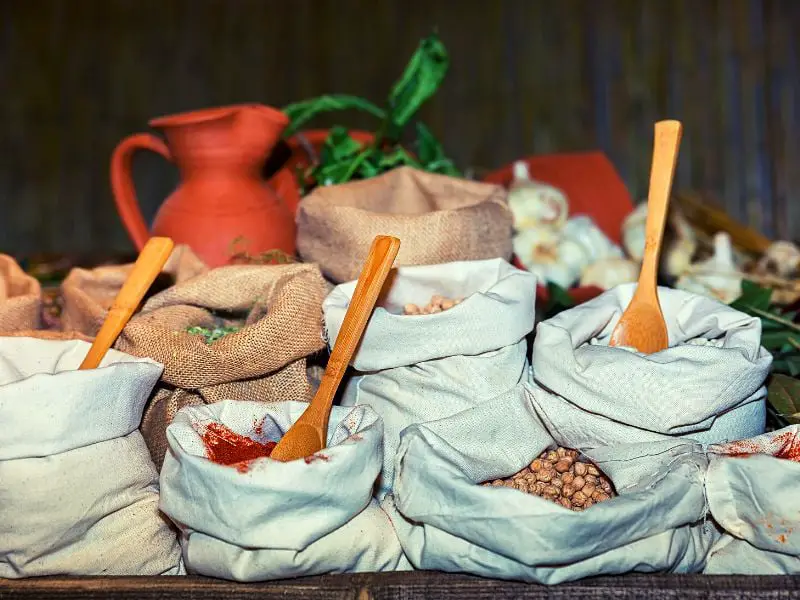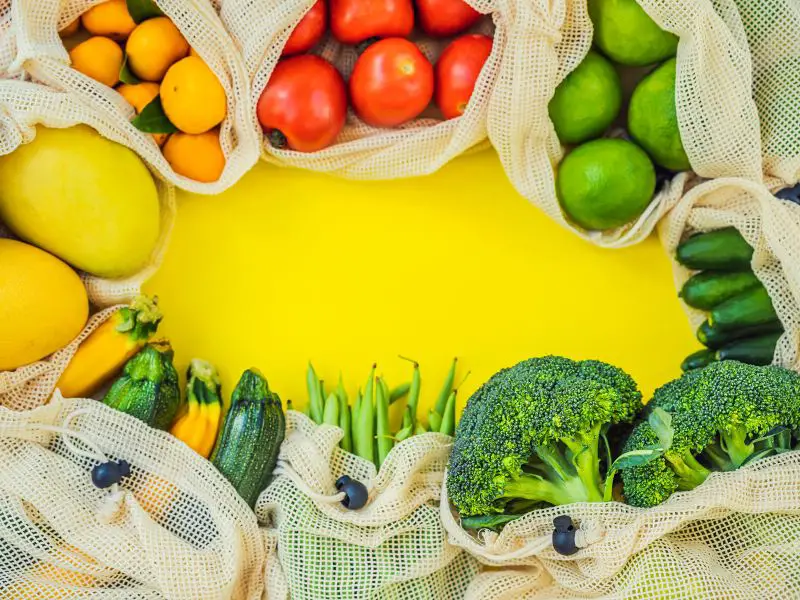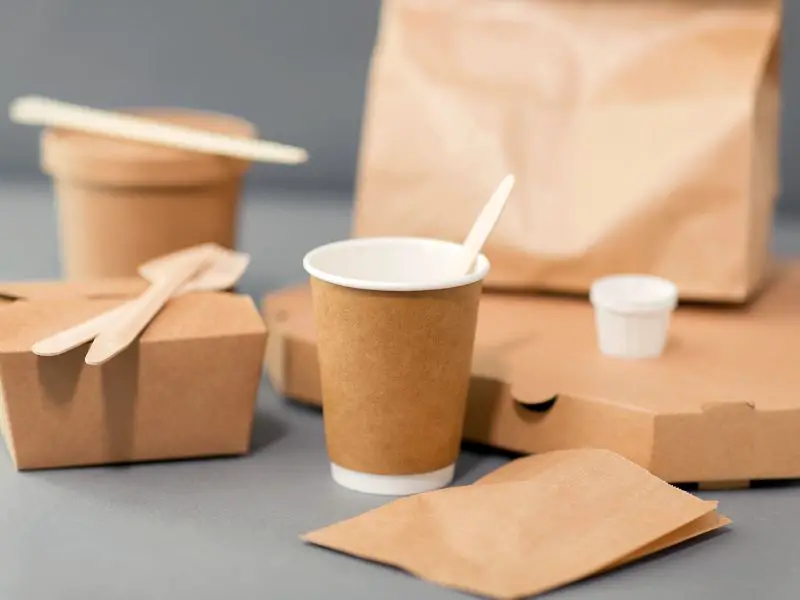It’s sad when you watch a TV show about the ocean and notice trash floating all around the water.
When there are oceans, the place has wildlife such as fish and sealife. They have to live in their natural habitat, but now they’re dying because of plastic pollution.
Plastic is one of the biggest problems. It needs up to 400 years for plastic to decompose, and if it’s thrown away in the ocean, that would not be good. It can stay in water for years, harming sea life. Moreover, if a person gets plastic in their body, they could get sick.
When you throw away your plastics, think about what will happen. Sometimes it’s better not to use them at all. Here, we’ll explore plastic pollution, why plastic is damaging the planet, and how to fix the problem.

The Plastic Pollution Crisis
Due to the soaring manufacture of plastics, insufficient recycling rates, and inadequate waste management, between 4 and 12 million metric tons of plastic invade the ocean annually—enough to cover every inch of shoreline on Earth! This number is anticipated to quadruple in 20 years.
Plastic pollution in the water has adverse effects on marine life, including sea turtles, whales, seabirds, fish, coral reefs, and countless other species and ecosystems. Researchers believe that more than half of the world’s sea turtles and almost all of the world’s seabirds have consumed plastic at some point in their lives. Even in distant places like Midway Atoll, plastic pollution has ruined otherwise lovely beaches, coastlines, and snorkeling and diving spots worldwide.
“Plastic pollution isn’t just an eyesore—it’s a threat to our environment, our wildlife, and our food chain.”
— Dianna Cohen
Why Plastic Waste Is Destroying the Planet
While this post focuses on what you can do personally to minimize plastic waste, it’s essential to note some of the ways that plastic is harming the world and those who live in it.
1. It negatively affects the food chain. This occurs in various ways, but one significant example is animals consuming plastics, which are then transferred down the food chain and harm the health of these species.
2. It’s toxic for human health. Plastics in our food supply can also severely influence our health since we are ingesting harmful compounds.
3. Groundwater contamination can have an impact on our water supply. Plastics pollute our groundwater and thus also contaminate our water supply. Plastics produce toxic chemicals that ultimately enter our bodies.
4. Plastics are harmful to animals. In addition to being toxic to humans, plastic may also hurt and even kill animals. Land animals are commonly suffocated by plastic bags, whereas marine species are often caught in nets.
5. Clearing areas polluted by plastic takes enormous effort and is expensive. This is another reason why recycling plastics will help reduce the negative impact on our environment.
6. It impacts areas it isn’t supposed to be. Microplastics, for example, can become airborne and travel thousands of miles, causing severe ecological problems.
7. Plastic pollution can spread to other parts of the world where it wasn’t dumped initially. As plastic is often used for shipping purposes, it can be transported to other parts of the world and be a hazard there.
8. It’s harmful to people at sea. Plastic pollution is often dumped in areas far away from where humans live, putting people and animals who come into contact with this garbage at risk.
What Causes Plastic Pollution?
Plastic pollution can be attributed to various factors, But we will focus on the most significant of these factors here. Although addressing some of these factors may be difficult, understanding them may assist us in making decisions regarding what we consume.
1. We produce massive amounts of waste. Plastic makes up a considerable portion of the garbage that we create. If we were more efficient in our use of resources, we might be able to initiate change.
2. Fisherman’s commercial nets. The use of fishing nets is occasionally required; however, these nets have the potential to release poisons, break and contaminate the waters, and even remain in place permanently, entangling marine life. There is a pressing need for both improved management and stricter fishing rules.
3. Poor plastic disposal management. In some developing nations, plastic is collected in large quantities, just to be disposed and mismanaged in open landfills. Also, the volume of plastic produced has been steadily growing, and disposal strategies have not kept pace. This means that millions of tons of plastic materials pollute the world’s oceans agend endanring marine life.
4. Decomposition time takes forever. Plastic decomposes over 400 years, which is a very long time considering the amount of garbage we need to dispose of.
5. Nature spreads plastic pollution. Due to the lightweight nature of plastic, natural forces such as the wind, rivers, and ocean all contribute to spreading pollution.
6. Overproduce plastic. This is one of the significant factors of plastic pollution. We produce so many plastics that we can’t possibly manage the amount of waste created.
9 Ways to Help Reduce Plastic Pollution
By reducing your consumption/waste of plastics, you contribute to a cleaner environment and reduce your carbon footprint. Here are some easy ways how you can do this:
1. Buy In Bulk
When shopping for groceries, try to buy in bulk and, when possible, instead of single-use packaging.

2. Buy Durable Goods
Buying items that are made to last will reduce your waste.
3. Avoid Disposable Plastic Utensils
Avoid disposables when eating lunch at school, and bring your reusable utensils instead. This will help keep the plastics in landfill sites, which can harm the environment and surrounding wildlife.
“The plastic we throw away every year could circle the Earth four times.”
— Chris Jordan
4. Publically Show Your Commitment to Using Less Plastic
At home, at work, at school, and out and about, show the world that you care about plastic pollution.
5. Avoid Buying Bottled Water
Instead of buying bottled water, refill your reusable bottle. Choose one made from BPA-free plastic.

“Plastic waste is not only an environmental crisis, but it is also a global health issue. Plastic particles are entering our bodies through the food we eat and the air we breathe.”
— Liao Xiaoyi
6. Refuse Single-Use Plastic Bags
Single-use plastic bags have become a significant issue across the US, with many supermarkets now charging for them. Taking your reusable bags with you to the supermarket will help reduce the number of plastics thrown away in landfills each year.

“The time to take action against plastic pollution is now. We can no longer ignore the devastating impact it’s having on our planet.”
— Ban Ki-moon
7. Use a Reusable Coffee Cup
A reusable cup is a great way to reduce plastic waste because you’ll be reusing the same cup each time you buy coffee, so there’s no need to get another one. It will also be easier to take your reusable cup to the beach and other public places.
8. Cook More Often
Cooking more often is a great way to reduce the amount of single-use plastic packaging (think food wrapped in clingfilm and food storage containers) you throw away.
9. Use Glass, Metal, or Paper Containers
Try using glass, metal, or paper containers instead of plastic. You can buy these up from the supermarket or use reusable containers that you already have at home.

“It takes more than a recycling program to address the problem of plastic pollution. We need to reduce our plastic consumption and rethink how we use plastic in our daily lives.”
— Jean-Michel Cousteau
Author’s Note
Creating awareness about plastic pollution is the first step in solving the problem. By spreading awareness about these issues, we can motivate people to take action in their lives and work towards reducing plastic pollution. Plastic pollution will not go away by its own, and the sooner we start taking steps to reduce our contributions to it, the better off everyone will be.
By reducing our personal use of plastics and educating others while promoting sustainable living, we are taking part in caring for our environment and helping one another do the same.
Discover how to reduce food waste, the benefits of compostable bags, and how these amazing organizations fight ocean pollution. Be sure to check it out!


5 thoughts on “How Does The Plastic Pollution Crisis Affect You?”